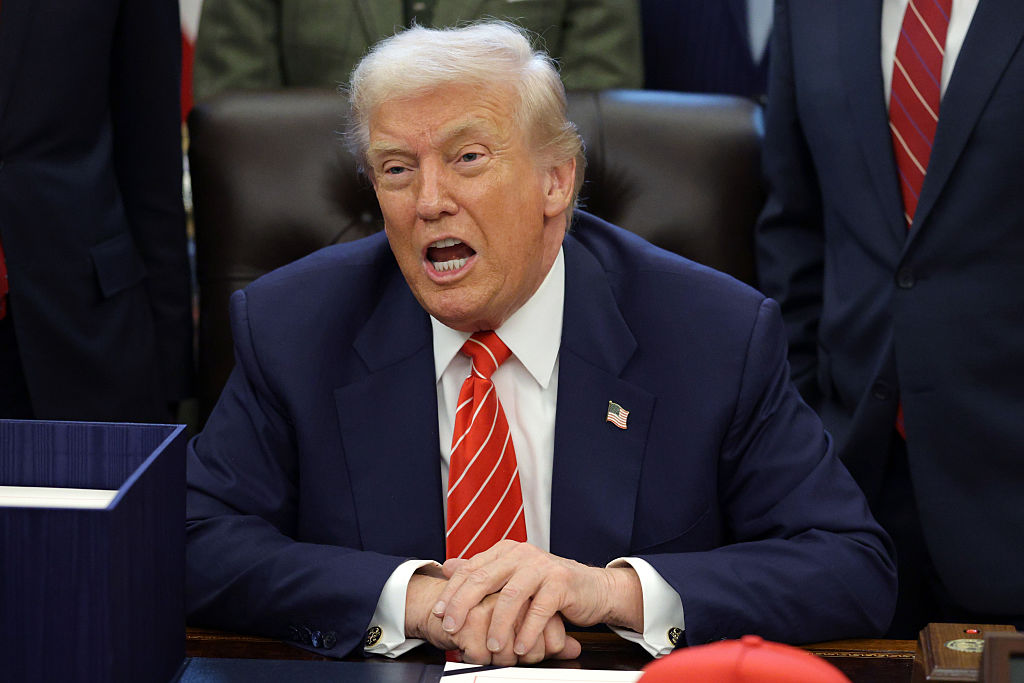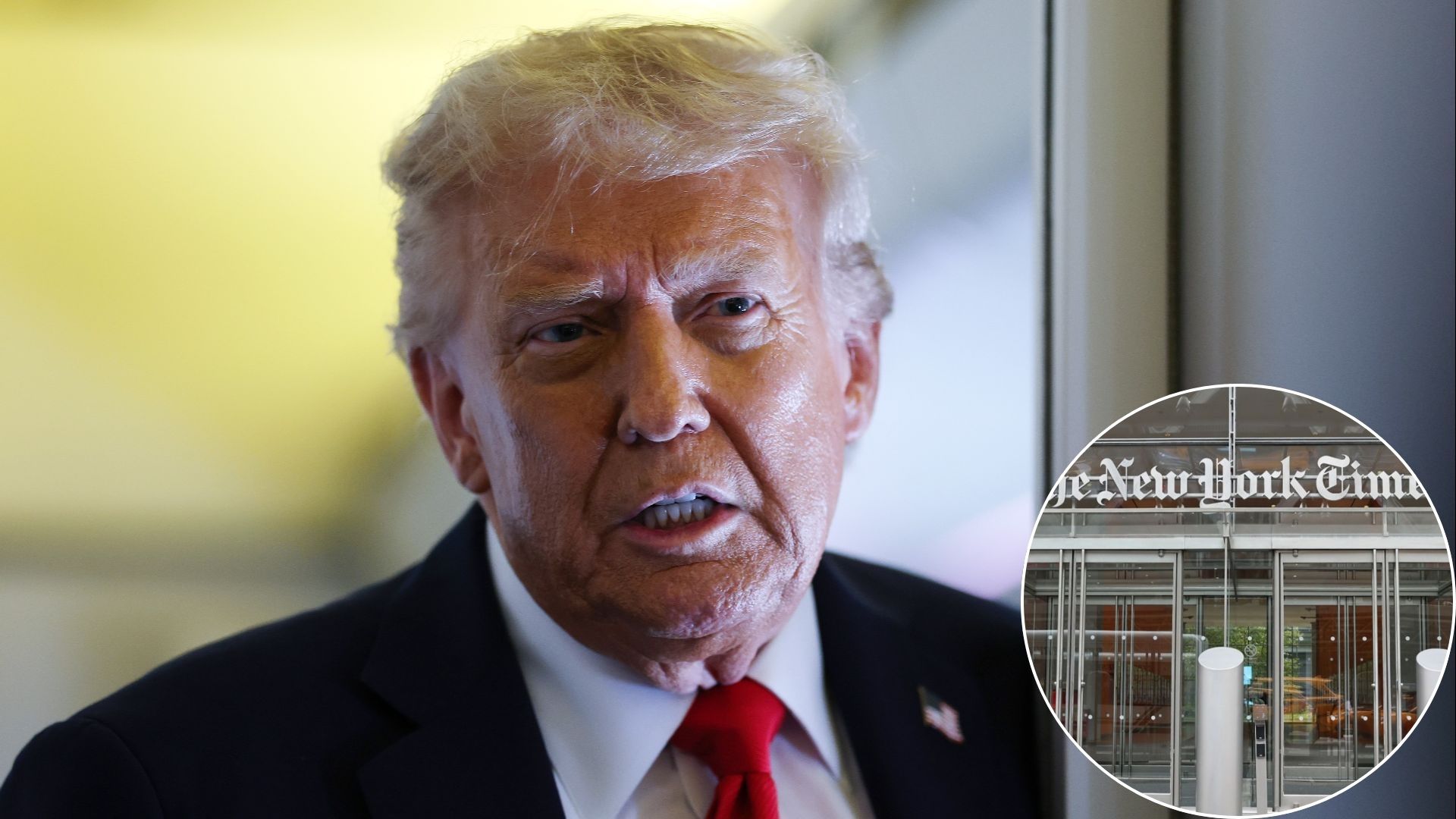
Between that and the return of Jimmy Kimmel, there’s still hope for free speech… for now.
Poorly formulated and unsuitable

A federal judge in Florida has dismissed Donald Trump’s $15 billion lawsuit against The New York Times, calling it poorly worded and unsuited to the procedural framework.
No direct link
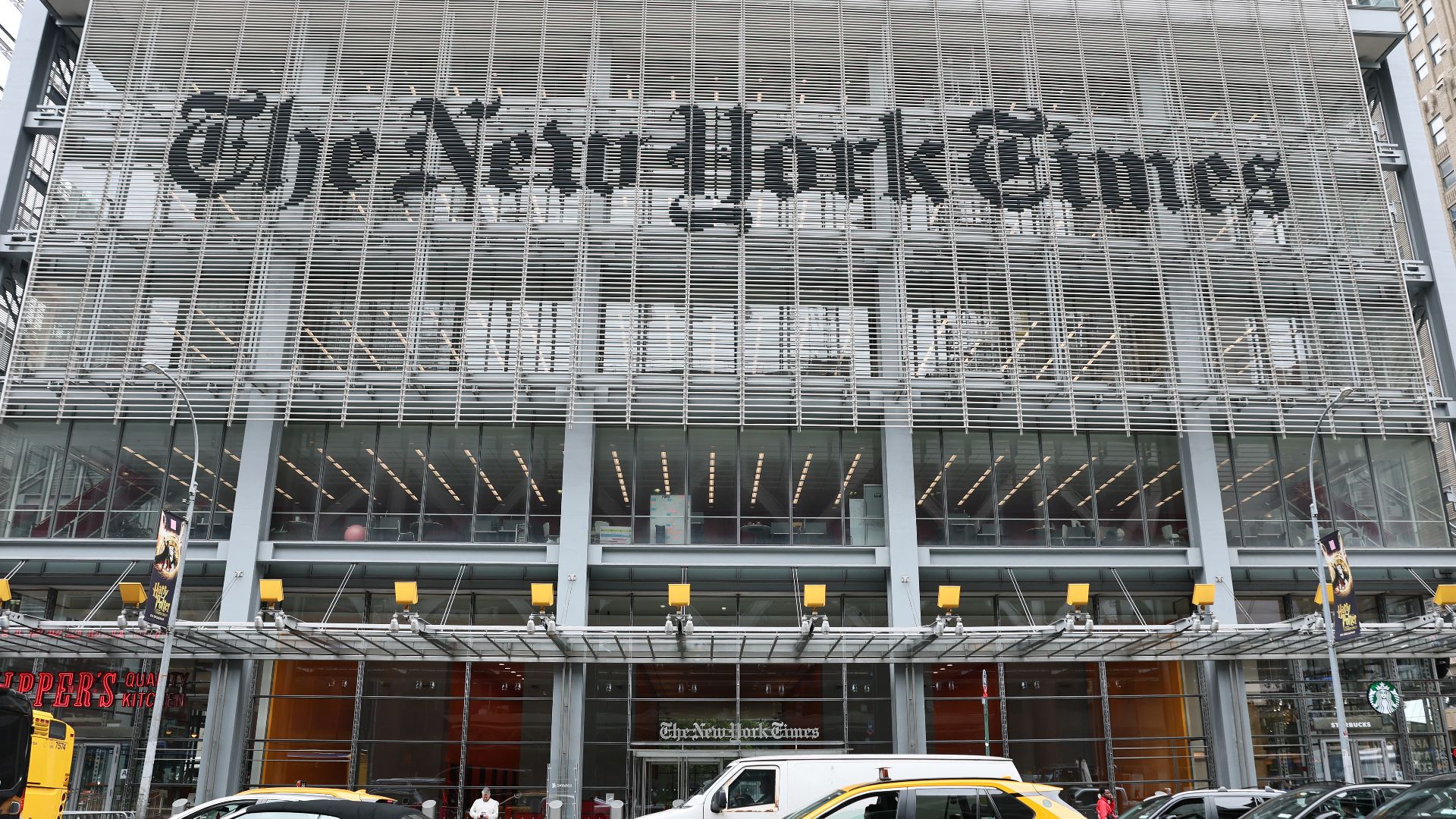
U.S. District Judge Steven Merryday, sitting in Tampa, ruled that Trump’s complaint was excessive, too long and filled with rhetorical language with no direct connection to the defamation allegations.
Personal forwards
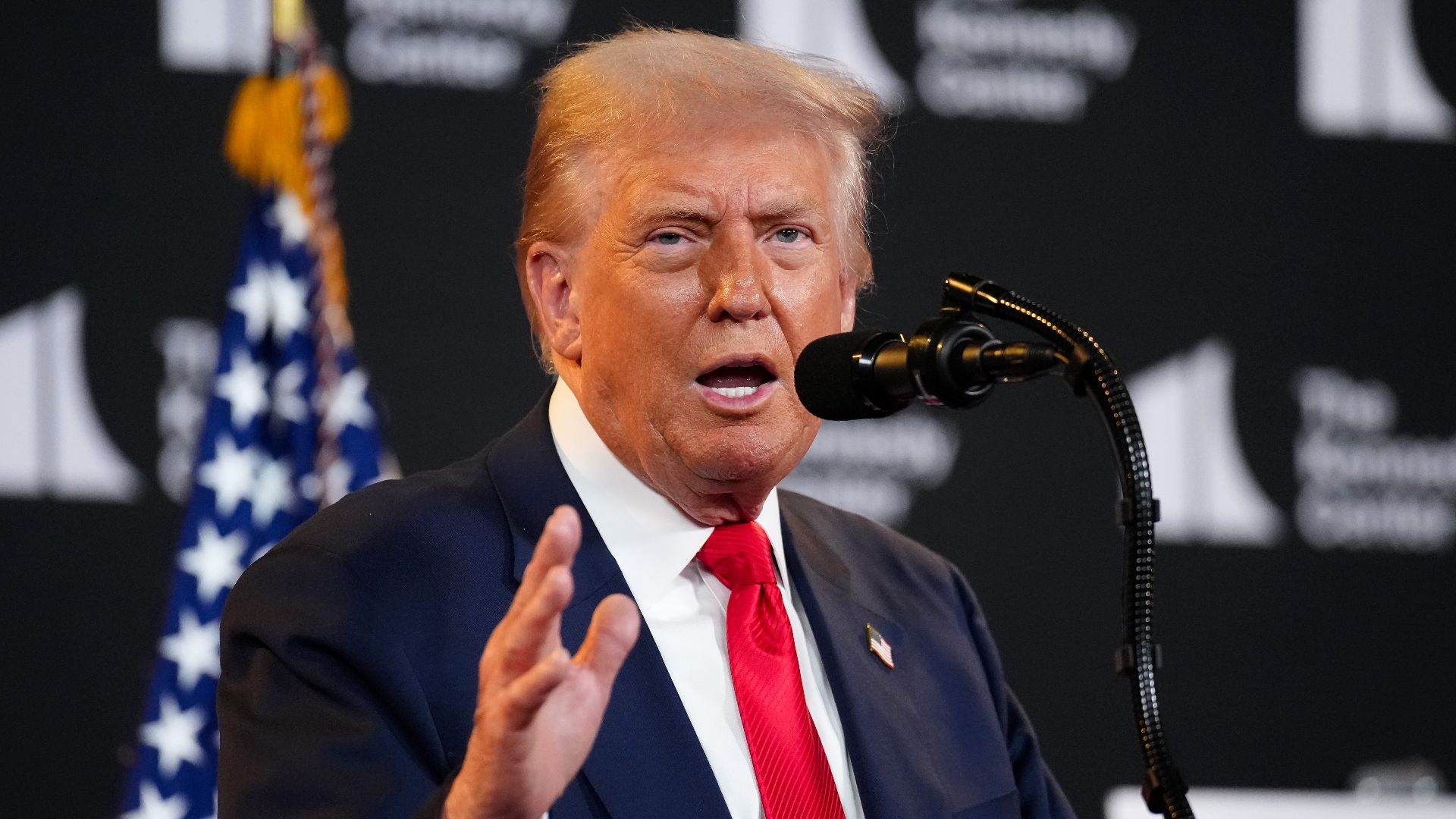
He pointed out that the complaint, which ran to 85 pages for just two charges, lacked clarity, precision and sobriety. The judge sharply criticized the approach, stating that a complaint should not be used as a platform for personal forwards or content that is more akin to public discourse than a legal complaint.
Standards

Despite this rejection, the judge gave Trump’s team 28 days to file an amended version of the complaint, provided it was limited to 40 pages and met the applicable procedural standards.
A federal complaint

The U.S. president has filed a federal lawsuit in Florida against the prestigious daily, accusing it of a decades-long pattern designed to damage his reputation and business. The newspaper denounces the action as baseless.
A new stage

On September 16, Donald Trump took a new step in his arm wrestling with the American press.
15 billion dollars

The president has filed a $15 billion lawsuit against The New York Times, several of its journalists and publisher Penguin Random House. The case was filed in federal court in the Middle District of Florida, the state where Trump now resides.
His public image
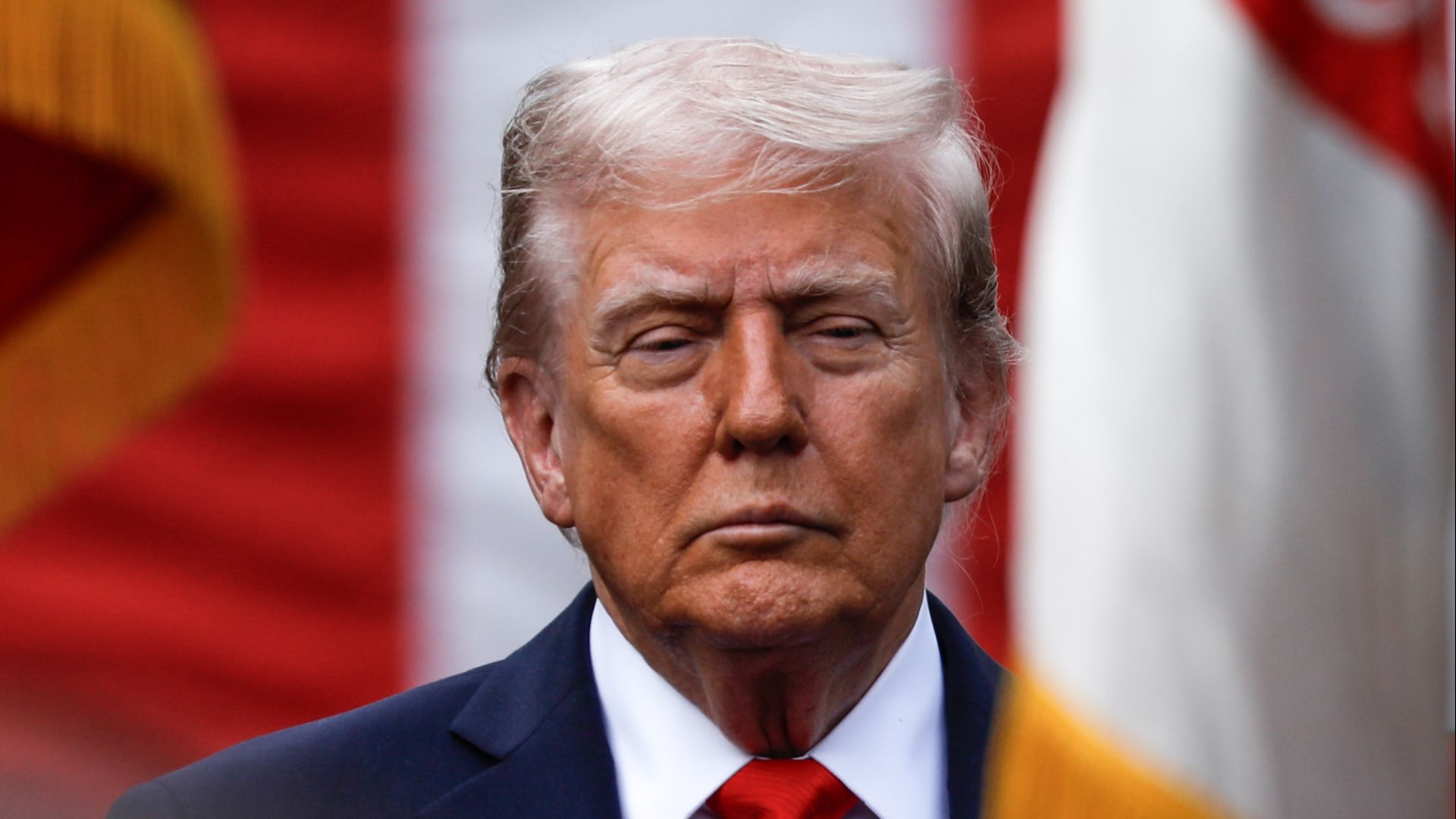
In his complaint, Trump claims that the Times has been waging a coordinated campaign for decades to smear his public image and weaken his political influence.
His reputation

Trump accuses the newspaper and publisher of damaging his reputation in several sensitive areas: his personal finances, the management of his real estate empire, his supposed wealth, but also his role as a national political figure.
"Lucky Loser"
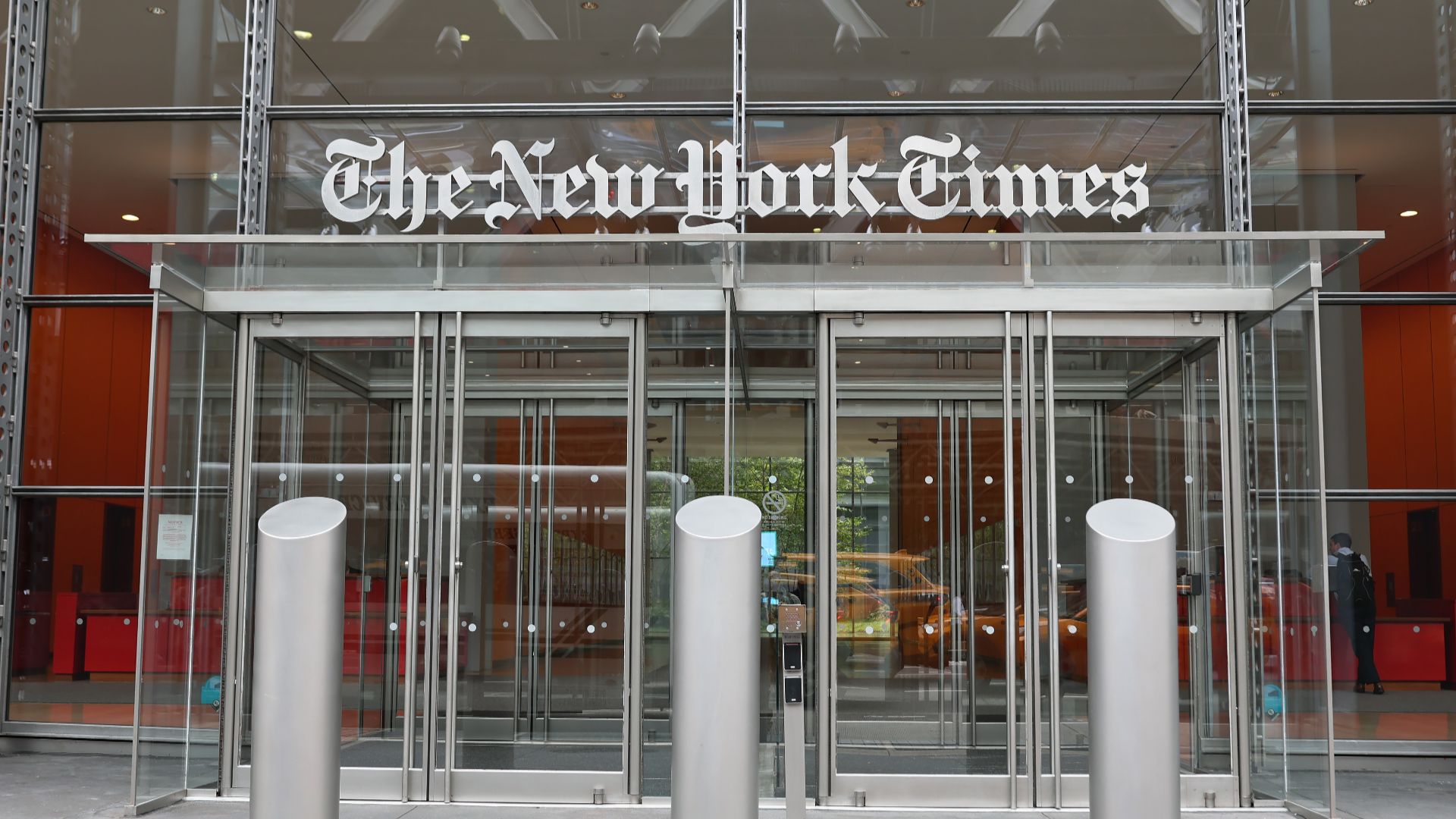
The daily’s articles, combined with a book published in 2024 entitled “Lucky Loser: How Donald Trump Squandered His Father’s Fortune and Created the Illusion of Success”, are presented by his lawyers as a succession of distorted, exaggerated or invented stories.
Economic damage

The President claims that these posts have caused him concrete economic damage, including contributing to the fall in the share price of his publicly traded company, Trump Media and Technology Group.
The presidential campaign

The court document also insists on the political impact of these articles, particularly during the 2024 presidential campaign. According to Trump, the New York Times used its media influence to weaken his candidacy by multiplying negative analyses and critical editorials. A stance that, in his view, was less independent journalism than partisan engagement.
An attempt at intimidation
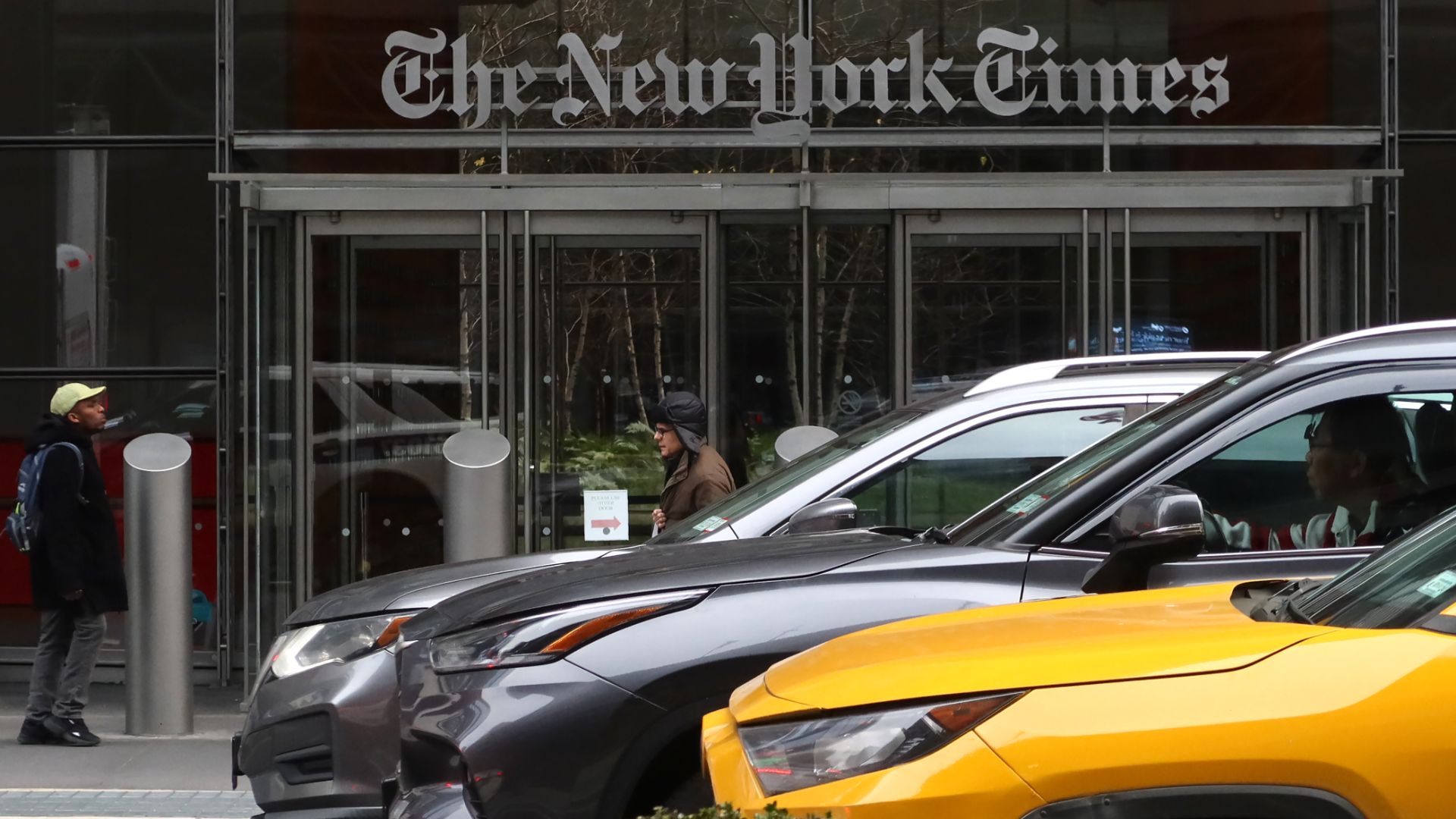
Faced with these accusations, the management of The New York Times was quick to react. It categorically rejected the complaint, calling it an attempt to intimidate the press and a political maneuver designed to divert attention. Penguin Random House has also defended the legitimacy of the book in question, emphasizing the rigor of its editorial work.
The real reason

Meredith Kopit Levien, CEO of The New York Times, has spoken out on what she sees as the real reason behind the lawsuit, commenting on the situation.
"The lawsuit has no merit"

“The lawsuit has no merit. It lacks any legitimate legal claims. I believe its purpose is to stifle independent journalism, to deter the kind of fact-based reporting that the Times and other institutions are known for”, she believes.
28 days
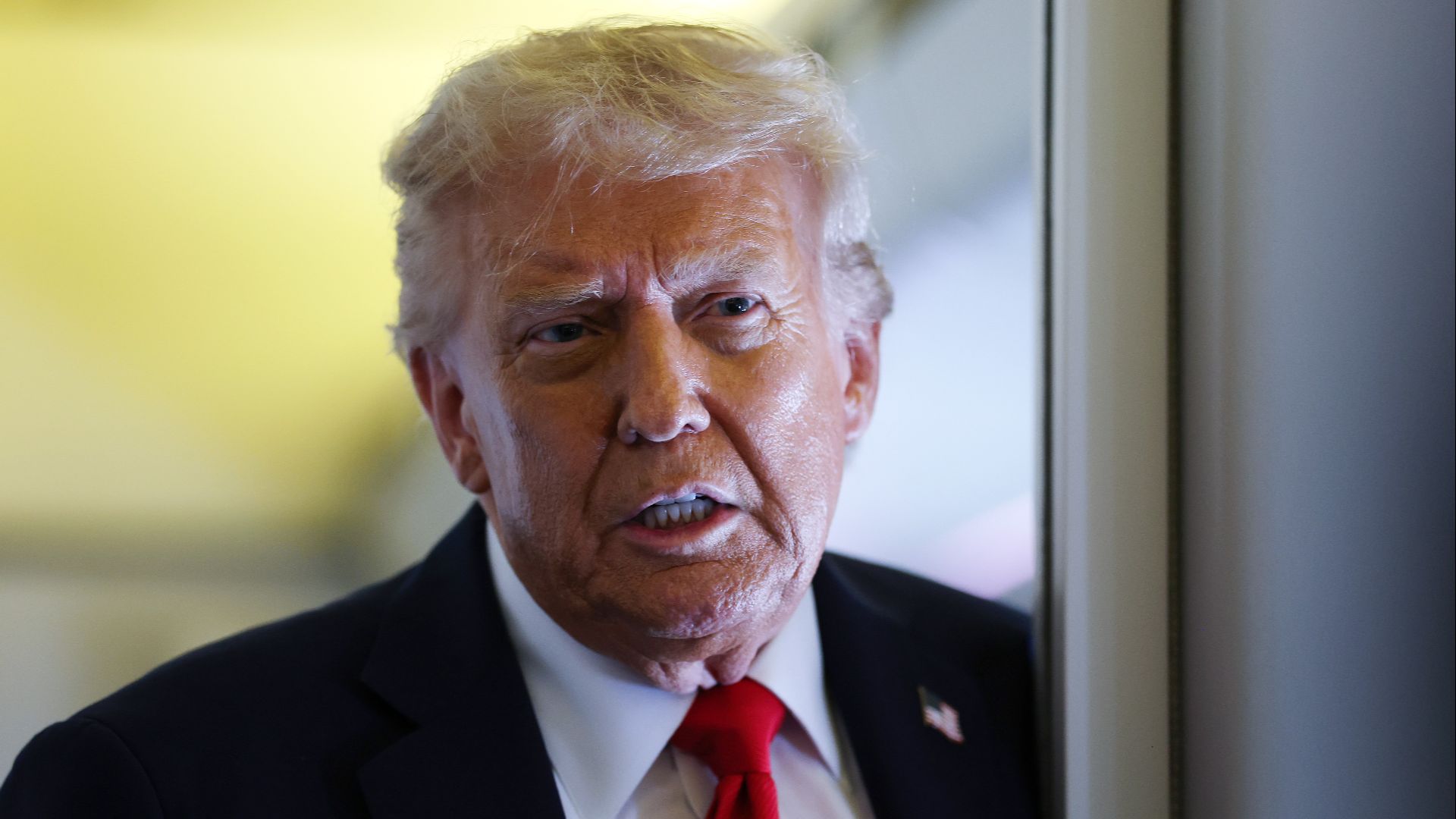
Despite this rejection, the judge gave Trump’s team 28 days to file an amended version of the complaint, provided it was limited to 40 pages and met the applicable procedural standards.




